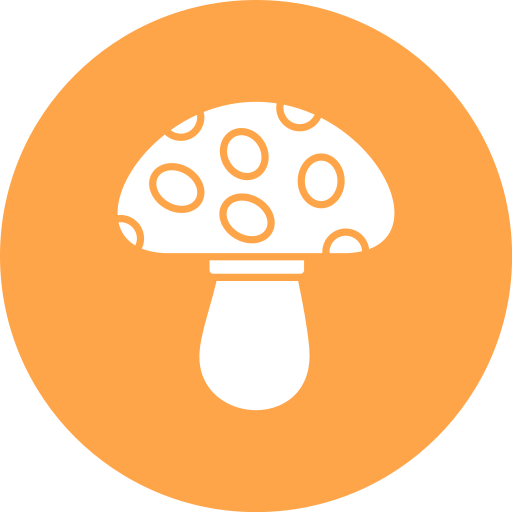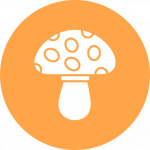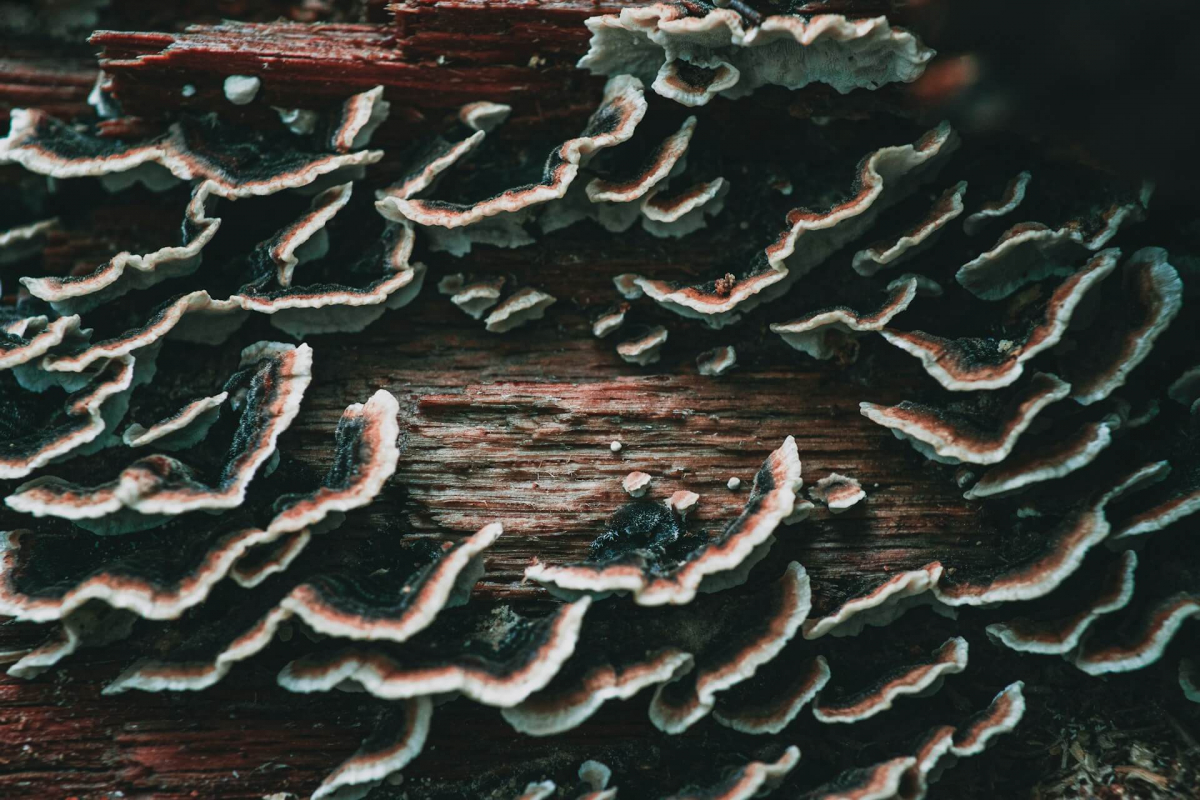In this article
Nestled within the forests of North America, Asia, and Europe, Turkey Tail mushroom emerges as a colorful beacon of hope amidst the undergrowth. While its striking appearance may captivate the eye, it's the hidden power within that truly astounds.
Discover how this humble fungus is revolutionizing the field of natural medicine and unlocking new possibilities for human health and well-being.
The Beauty of Turkey Tail Mushroom
With its vibrant hues and intricate patterns, Turkey Tail mushroom—also known as Trametes versicolor or Coriolus versicolor—is a sight to behold. Adorning fallen logs and decaying trees, this fungus boasts a spectrum of colors reminiscent of a wild turkey's tail feathers, earning it its evocative name.
While its appearance may be captivating, it's the bioactive compounds within Turkey Tail that hold the key to its extraordinary health benefits.
Immune-Modulating Effects
One of the most well-studied properties of Turkey Tail mushroom is its ability to modulate the immune system. Research has shown that Turkey Tail contains polysaccharopeptides (PSPs) and polysaccharide-K (PSK), two bioactive compounds with potent immune-enhancing properties [1].
These compounds stimulate the activity of immune cells such as natural killer (NK) cells, macrophages, and T cells, bolstering the body's defenses against infections, viruses, and other pathogens.
Clinical studies have demonstrated the efficacy of Turkey Tail mushroom in improving immune function and reducing the incidence of infections, particularly in individuals undergoing chemotherapy or radiation therapy for cancer [2].
By enhancing immune surveillance and promoting immune balance, Turkey Tail helps the body mount a more effective defense against disease, supporting overall health and well-being.
Cancer-Fighting Potential
Beyond its immune-modulating effects, Turkey Tail mushroom has garnered attention for its potential role in cancer prevention and treatment. Numerous studies have investigated the anti-tumor properties of Turkey Tail extracts, revealing promising results in both preclinical and clinical settings [3].
One of the key mechanisms by which Turkey Tail exerts its anti-cancer effects is through the activation of immune cells and the inhibition of tumor growth and metastasis.
Additionally, Turkey Tail contains antioxidants and other bioactive compounds that help neutralize free radicals and reduce oxidative stress, which can contribute to cancer development [4].
Clinical trials have shown that Turkey Tail mushroom extracts, particularly PSK and PSP, can improve survival rates and quality of life in cancer patients when used as adjunctive therapy alongside conventional treatments [5].
By harnessing the power of Turkey Tail, researchers are unlocking new avenues for cancer prevention, treatment, and survivorship, offering hope to millions of individuals affected by this devastating disease.
Additional Health Benefits
In addition to its immune-modulating and cancer-fighting properties, Turkey Tail mushroom offers a range of other health benefits. Studies have shown that Turkey Tail extracts exhibit anti-inflammatory, antioxidant, and antimicrobial effects, which can support overall health and well-being [6].
Furthermore, Turkey Tail has been studied for its potential applications in the treatment of various other health conditions, including viral infections, gastrointestinal disorders, and autoimmune diseases.
While more research is needed to fully understand the mechanisms underlying these effects, the preliminary findings suggest that Turkey Tail mushroom holds great promise as a versatile natural remedy.
Conclusion:
As we conclude our exploration of Turkey Tail mushroom, we are reminded of the remarkable power of nature to heal, nourish, and protect. From its immune-modulating effects to its cancer-fighting potential and beyond, Turkey Tail stands as a shining example of the profound synergy between fungi and human health.
By harnessing the power of Turkey Tail mushroom, we can unlock new possibilities for enhancing immune function, preventing disease, and promoting overall well-being.
Key Takeaways:
- Turkey Tail mushroom (Trametes versicolor) is prized for its immune-modulating and cancer-fighting properties, thanks to bioactive compounds like polysaccharopeptides (PSPs) and polysaccharide-K (PSK).
- Research suggests that Turkey Tail mushroom extracts can enhance immune function, reduce the incidence of infections, and improve survival rates in cancer patients when used as adjunctive therapy.
- In addition to its immune and cancer-related benefits, Turkey Tail mushroom offers anti-inflammatory, antioxidant, and antimicrobial effects, supporting overall health and well-being.
- Incorporating Turkey Tail mushroom into your wellness routine, whether as a supplement or brewed into tea, can help harness its potent therapeutic properties and promote optimal health.
Kidd PM. (2000). The use of mushroom glucans and proteoglycans in cancer treatment. Alternative Medicine Review, 5(1), 4-27.
Fisher M, et al. (2002). Active hexose correlated compound (AHCC) and immune outcomes in humans: a review. Nutrients, 12(3), 757.
Wasser SP. (2010). Medicinal mushrooms as a source of antitumor and immunomodulating polysaccharides. Applied Microbiology and Biotechnology, 89(3), 387-397.
Hobbs C. (2004). Medicinal mushrooms: an exploration of tradition, healing, and culture. Botanica Press.
Tsukagoshi S, et al. (1984). Krestin (PSK). Cancer Treatment Reviews, 11(2), 131-155.
Silva W, et al. (2012). Turkey tail (Trametes versicolor) mushrooms: a mini-review. Journal of Nutritional Health and Food Engineering, 1(2), 1-3.



